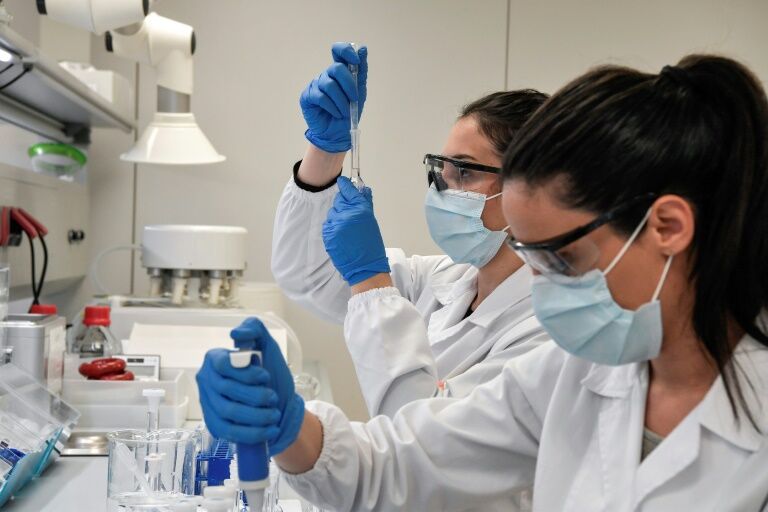EU to unveil major pharmaceutical reform for cheaper drugs and faster access

The European Union is set to announce significant reforms to its pharmaceutical regulations today, aiming to reduce costs, prevent drug shortages, and expedite the introduction of new medicines. These changes represent the EU’s most extensive overhaul of pharmaceutical legislation in two decades, partly inspired by the benefits of more streamlined processes, joint action, and improved transparency observed during the Covid-19 pandemic.
Stella Kyriakides, the EU Commissioner for Health, highlighted the goal of these reforms, stating that they would contribute to “timely and equitable access for patients to affordable drugs” across the bloc. However, the announcement has prompted intensive lobbying from the pharmaceutical industry.
In February, the draft version of the proposals was leaked, causing concern for drug manufacturers who feared that the exclusive period during which they can sell new drugs would be reduced from 10 to eight years. The European Federation of Pharmaceutical Industries and Associations cautioned against any measures that could hinder innovation.
While the European Commission is focused on reducing drug prices, it does not have the authority to set prices within the EU. Instead, national governments retain that power and directly negotiate with pharmaceutical companies.
In addition, the EU Commission is aiming to tackle drug shortages for rare diseases, as well as address unequal access to medicines between member states. Eastern EU countries often face the brunt of accessibility issues compared to their Western counterparts.
Another significant challenge is the rising microbial resistance to existing antibiotics, which has been linked to 35,000 deaths per year within the EU. Due to the regimented nature of antibiotic prescriptions, their profitability is lower compared to popular blockbuster drugs.
One potential solution being discussed is the introduction of transferable vouchers that allow a company to develop a novel, effective antibiotic to extend the exclusive sales period for another, more profitable drug. Alternatively, the right to prolong exclusivity could be sold to another organization. However, roughly half of the EU member states, including France, Belgium, and the Netherlands, have expressed concerns about this proposal, fearing the impact on national healthcare systems.
The European Consumer Organisation has also opposed the voucher scheme. Nevertheless, Peter Liese, a medical doctor and EU lawmaker, points out the lack of alternative suggestions. He emphasises the importance of “innovation-friendly regulation” and highlights the absence of new antibiotics in the market over the last 20 years.
In addition to the proposals mentioned above, the Commission plans to speed up the approval process for new drugs, as was the case with Covid vaccines, and enforce greater transparency regarding drug stock levels. This allows for earlier intervention to prevent potential supply shortages.
Pauline Londeix, co-founder of OTMeds, a French organization that monitors transparency in drug policy, believes that while a centralized alert system for drug shortages is a step in the right direction, more needs to be done. She suggests that the EU should consider “coordinated action at the European level for the part-public production of essential medicines” to ensure consistent access and affordability.
Latest Thailand News
Follow The Thaiger on Google News:


























